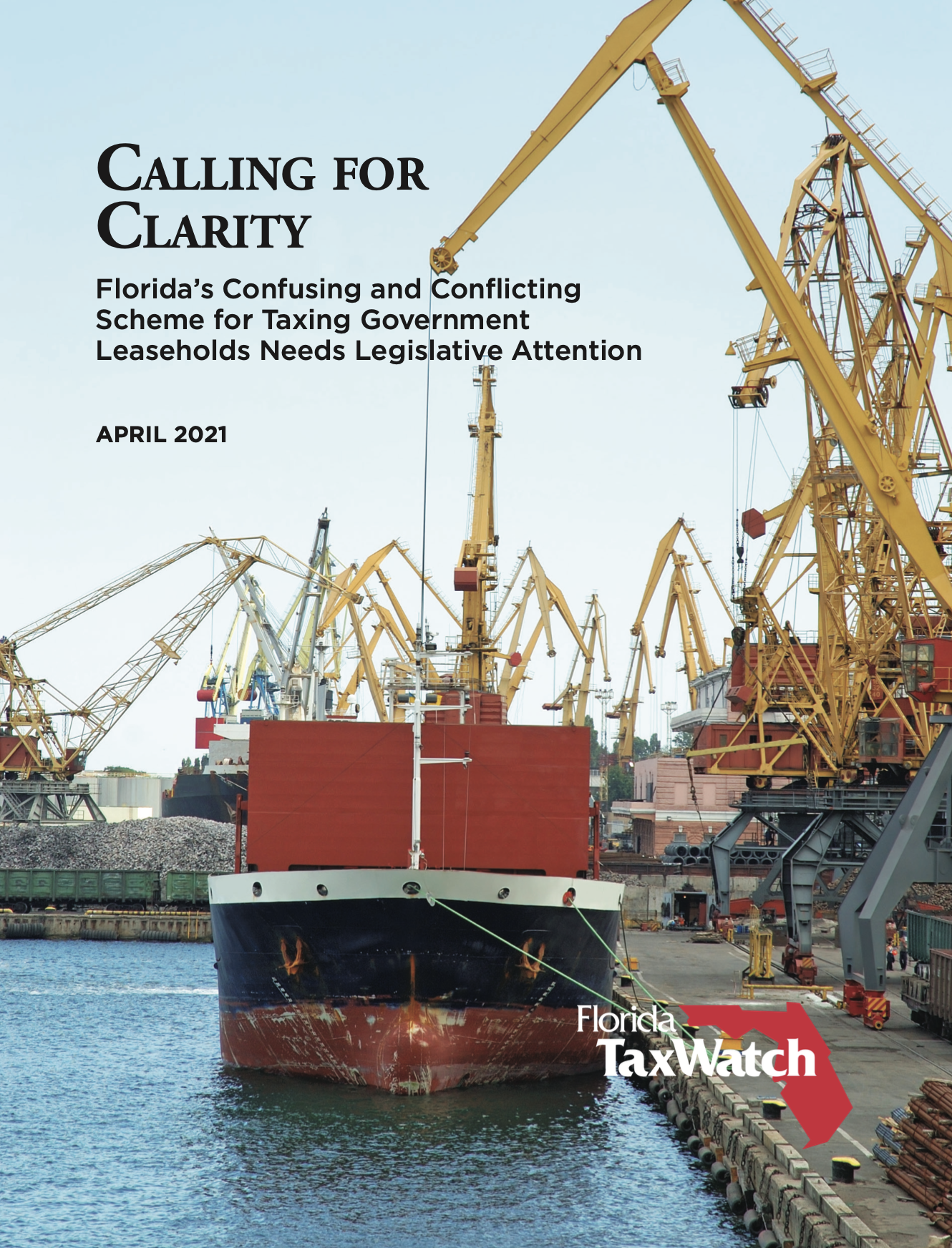Calling for Clarity: Florida’s Confusing and Conflicting Scheme for Taxing Government Leaseholds Needs Legislative Attention

Florida’s taxation of government-owned property when it is leased by a non-government entity falls well short of the goals for good tax policy, including fairness, simplicity, transparency, and ease of administration. It has been shaped more by the courts than the Legislature.
The question of how (or whether) to tax this property has been “dealt with by the Florida Constitution, the legislature, and the courts in a somewhat confusing manner” for more than sixty years.1 Two ongoing court cases in Hillsborough County highlight the need for legislative clarification.
Questions Raised by the Law:
- It is vital that taxpayers can easily understand their tax obligations under the law, and the current statutory law on governmental leaseholds does not provide that clarity. In reviewing old case law and other writings on the issue, it is striking how often the convoluted and confusing evolution of the law is mentioned.
- Much of the non-clarity of the law is due to there being two taxes in play here—local property taxes and state intangibles taxes. While some of the statutes appear to relate to both taxes, the courts have said they do not.
- Section 196.193 (2)(a) states that if a lessee serves or performs a governmental, municipal, or public purpose or function it is exempt from both ad valorem taxation and the intangible tax and in all such cases, all other interests in the leased property shall also be exempt from ad valorem taxation.
Florida TaxWatch recommends the Legislature should undertake a comprehensive overhaul of the law governing the taxation of governmental leaseholds with a special focus on what should be exempt, making sure the law clearly represents its intent (whatever that may be). If both the real property tax and the intangibles tax are necessary, the two taxes should be separate, and the law should clearly delineate how and if the two taxes should apply.